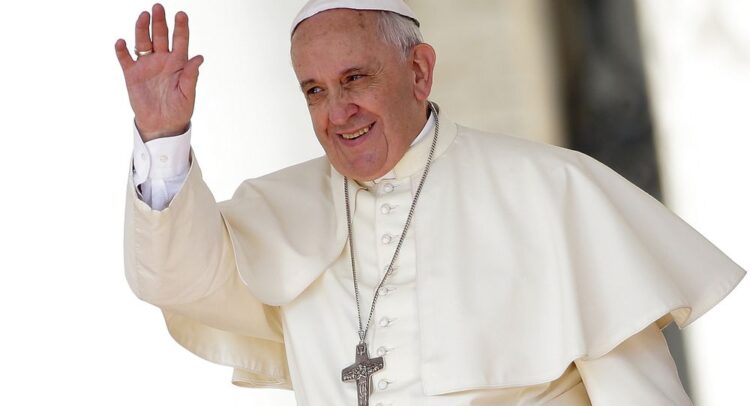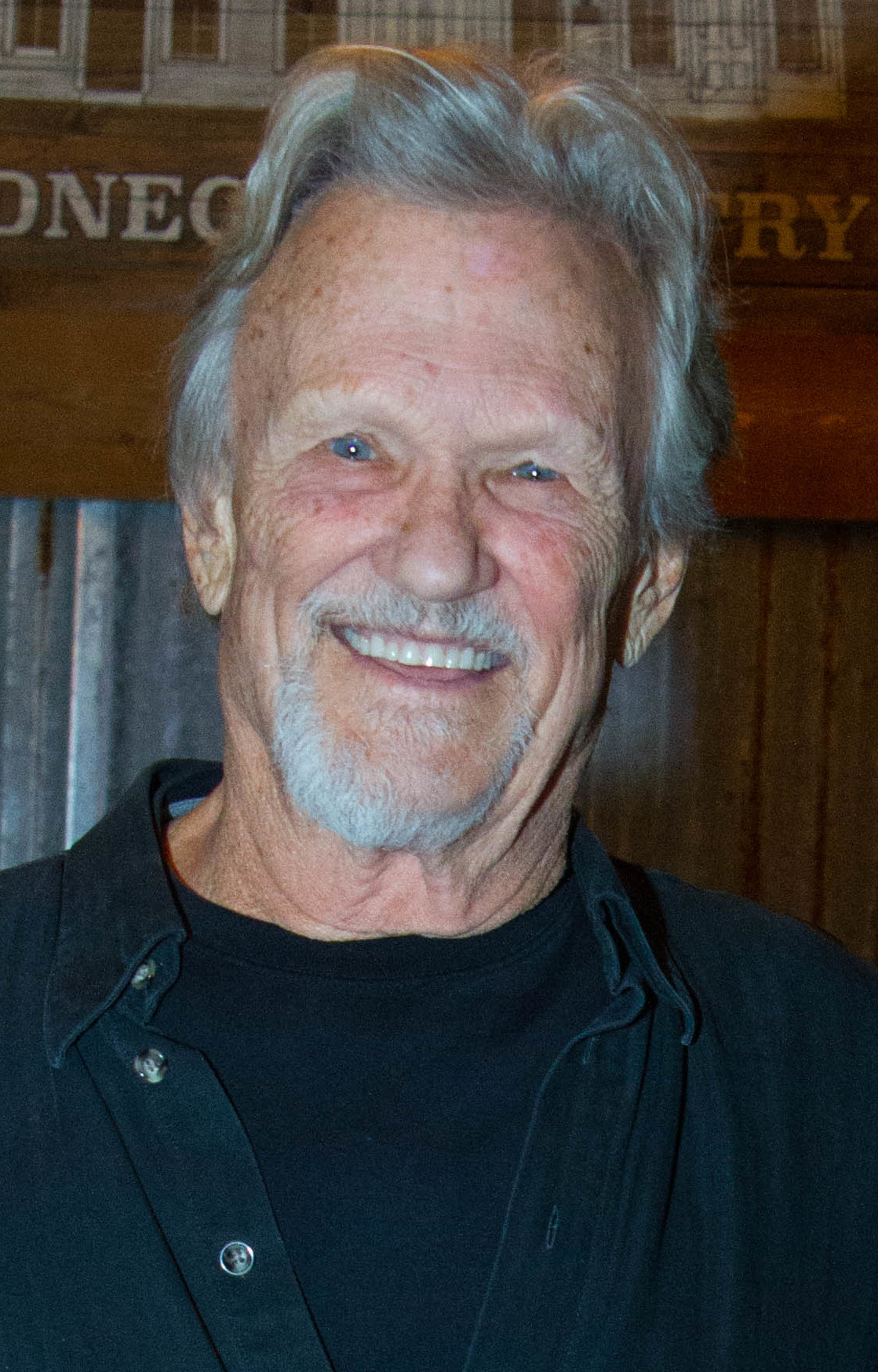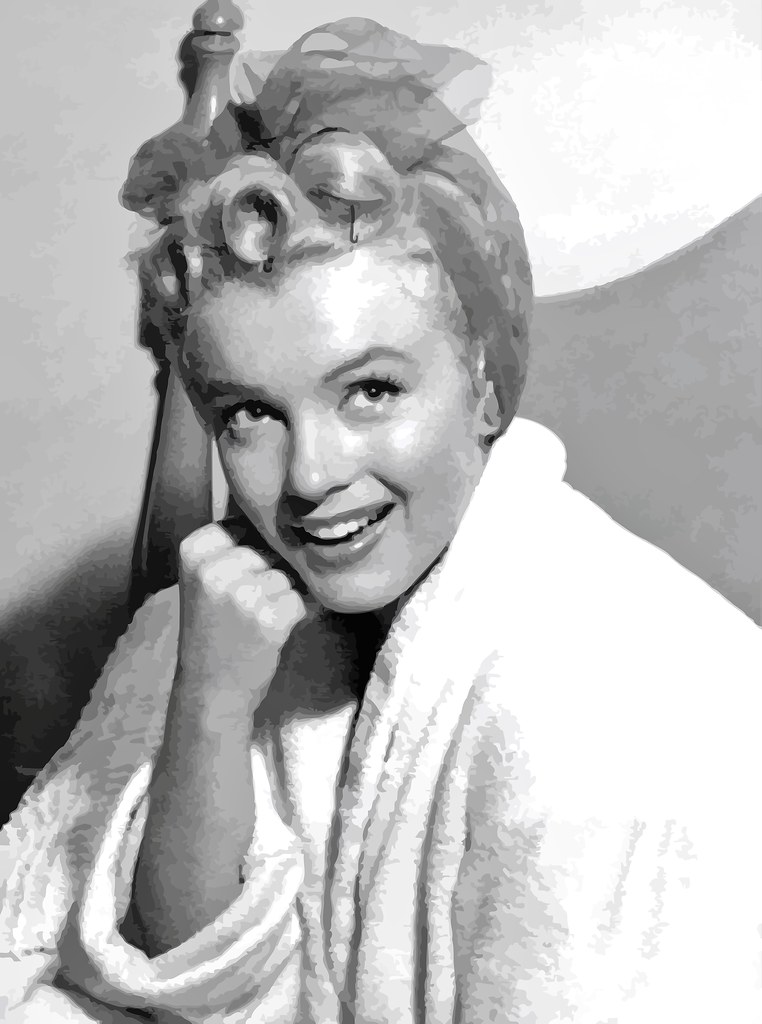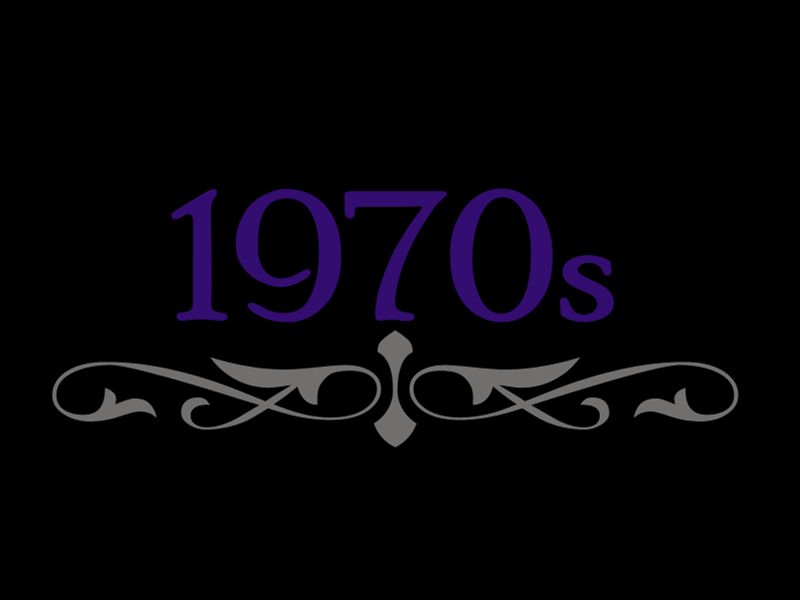
The 1970s was a decade that birthed the phenomenon of teen idols, capturing the hearts and imaginations of countless young fans. These vibrant personalities often found themselves thrust into a whirlwind of adoration, fame, and expectation. From chart-topping musicians to beloved TV actors, they were omnipresent in magazines, on television screens, and on radio airwaves, becoming symbols of youth, rebellion, and dreams for an entire generation.
Yet, for some, the allure of stardom dimmed quicker than expected, leading to quiet retreats from the spotlight. Their stories are layered with complexities, influences shaping their decisions to step away, painting a portrait of an era where fame was both dazzling and fleeting. It’s time for a nostalgic journey, a look back at those faces we obsessed over, the ones who burned so brightly before gracefully, or sometimes dramatically, fading into nostalgia.
So, seriously, where did they go? We’re diving deep into the fascinating lives and careers of iconic ’70s teen idols who were everywhere back in the day, only to step away from the limelight. Get ready to revisit their unforgettable moments and discover what truly happened when the cameras stopped rolling and the screams quieted down.
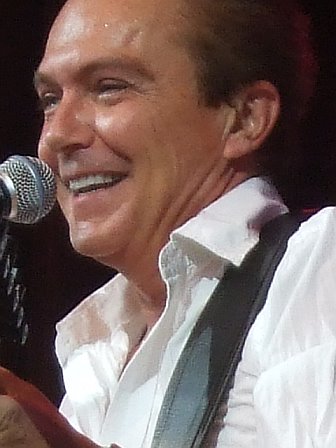
1. **David Cassidy**:
David Cassidy was, without a doubt, a household name and arguably the face of a generation. As the beloved Keith Partridge in “The Partridge Family,” he personified teen adoration, captivating audiences with his boy-next-door charm and smooth vocals. His solo music career was equally meteoric, marked by sold-out concerts filled with legions of screaming fans, solidifying his status as one of the biggest teen idols of the 1970s. Hits like “I Think I Love You” became anthems, making him a global sensation and cementing his place in pop culture history.
However, beneath the dazzling veneer of fame, Cassidy wrestled with profound personal struggles. The relentless demands of celebrity life became a heavy burden, as he yearned for something more authentic and a creative freedom that the teen idol machine rarely allowed. His decision to step back from the constant public scrutiny wasn’t a sudden whim; it was a deep quest for self, a powerful move to reclaim his identity from the all-consuming frenzy of stardom.
Fame, for David, was a double-edged sword that ultimately overwhelmed him, leading to a tumultuous personal life. While he continued to perform in later years, often with a dedicated fan base, he never quite recaptured the dizzying heights of his early career. Though he eventually faded from mainstream entertainment, his impact on ’70s pop culture is nothing short of legendary, cherished by fans who still hum along to his classic tunes and remember the electrifying energy he brought to every stage and screen. His journey is a poignant reminder of the intense pressures that young stars face and the courage it takes to seek peace beyond the spotlight.
Read more about: Unveiling the Masterpieces: A Deep Dive into Hollywood’s Elite and Their Astounding Private Art Collections

2. **Shaun Cassidy**:
Shaun Cassidy, though following in the colossal footsteps of his older half-brother David, quickly carved out his own indelible legacy in the 1970s. As the charming Joe Hardy in “The Hardy Boys Mysteries,” he became an instant TV heartthrob, captivating audiences with his boy-next-door appeal. Simultaneously, his music career soared, with hit singles like “Da Doo Ron Ron” sending fans into an absolute frenzy and cementing him as a quintessential teen idol of the era.
What truly sets Shaun’s story apart, however, is his deliberate pivot away from the relentless glare of the performing limelight. Unlike many caught in the endless circles of fame, Shaun demonstrated a clear desire for a more sustainable form of creativity. By the 1980s, he gracefully took a significant step back from being in front of the camera and microphone, instead transitioning into the intricate world of writing and producing. This transformation saw him crafting compelling narratives rather than simply living within the headlines.
His journey became a quiet yet powerful testament to a shift in dreams, where true fulfillment stemmed from the art of storytelling itself, rather than the transient adoration of being in the limelight. Today, while no longer a teen idol in the traditional sense, Shaun Cassidy remains a highly respected figure behind the scenes in Hollywood, appreciated for his significant contributions to entertainment that extend far beyond his initial, sensational teen idol years. It’s a prime example of an artist successfully reinventing himself on his own terms.
Read more about: Robert Redford’s Love Story: Why His Wife Never Watched His Films & Their Decades of Private Devotion

3. **Susan Dey**:
Susan Dey truly captivated hearts as Laurie Partridge in “The Partridge Family,” her portrayal resonating with grace and an undeniable relatability that endeared her to millions. With her fresh-faced beauty and impressive acting chops, she made a successful transition from modeling to becoming one of the most recognized faces of the 1970s. As the show soared in popularity, Dey cemented her status as a beloved teen idol, admired by countless fans who connected with her girl-next-door appeal.
However, as the magnetic allure of acting gradually waned, so too did Susan’s public visibility. After her iconic role, she consciously sought to distance herself from the “Laurie” persona, embarking on more dramatic roles in an attempt to broaden her acting range. Yet, despite her undeniable talent and critical acclaim, she never quite achieved the same level of pervasive fame that “The Partridge Family” had brought her.
Ultimately, Susan Dey made a profound choice, opting for a life away from the relentless grind of Hollywood, cherishing privacy far above public adulation. Her departure from acting entirely speaks volumes about the often unspoken pressures faced by young stars and the immense courage it takes to forge a more personal path. By embracing a quieter existence, she found contentment in life’s simpler pleasures, happily stepping outside the glittering, yet demanding, shadows of fame, leaving behind a legacy as both a style icon and a cherished actress of her era.
Read more about: A Detailed Look at Oprah Winfrey’s Multi-Million Dollar Real Estate Portfolio: Uncovering the Strategic Investments of a Media Icon

4. **Leif Garrett**:
Leif Garrett’s rise to teen idol superstardom in the 1970s was nothing short of meteoric. With his iconic golden locks, captivating smile, and infectious energy, he quickly became the very definition of a ’70s heartthrob. His music career exploded with chart-topping hits like “I Was Made for Dancin’,” ensuring his face was a constant fixture on magazine covers and bedroom posters across the country. Beyond his musical prowess, Garrett dabbled in acting, appearing in various TV shows and films that further solidified his widespread stardom and cemented his irresistible boyish charm.
However, beneath this dazzling facade of fame and adoration lay a much more complex and challenging reality, filled with personal struggles largely unseen by his adoring fans. The intense pressures of the entertainment industry, coupled with the relentless public scrutiny, led him down a path of personal battles. His retreat from the glaring limelight wasn’t merely a withdrawal from public view; it represented a deeper, more personal journey toward self-discovery and, ultimately, recovery from the chaos that fame had brought.
As the fervent teen idol craze of the ’70s eventually cooled, so too did Leif Garrett’s mainstream career. Despite various attempts to revive his celebrity in later years, he never quite regained the same ubiquitous level of fame he once commanded. Today, he stands as a poignant symbol of ’70s pop culture, fondly remembered for his undeniable charisma and infectious energy. His story powerfully underscores the harsh realities that can lurk behind the polished idol image, and the profound bravery required to pursue redemption and peace amidst the lingering echoes of past glory.
Read more about: OMG, Remember Them?! These 15 Pop Stars Were Our Ultimate Summer & Music Video Heartthrobs!

5. **Kristy McNichol**:
Kristy McNichol possessed a unique charm and undeniable acting prowess that quickly made her a beloved figure of the 1970s. She captivated audiences with her impactful roles on popular TV shows like “Family,” where her compelling performance even earned her a prestigious Emmy Award. Her relatable persona and raw talent resonated deeply with fans, making her an enduring teen idol whose work brought immense joy to countless households during her years in the intense glare of the spotlight.
However, beneath her radiant on-screen smile, Kristy was quietly battling a significant personal challenge: bipolar disorder. This was a battle she bravely chose to wage privately, away from the prying eyes of the public. The pressures of a demanding career in the entertainment industry, combined with her health struggles, ultimately led her to a profound decision.
In 1992, Kristy quietly, yet decisively, stepped away from the relentless limelight. This was not an impulsive exit, but a conscious trade of widespread celebrity for a much-needed focus on self-care and personal stability. She withdrew from acting before the point of absolute burnout, demonstrating incredible foresight and courage in prioritizing her mental well-being over the fleeting nature of fame. Although she later emerged as a quiet advocate for mental health, largely remaining out of public view, McNichol’s journey beautifully underscores the immense bravery found in choosing personal peace and a private life over the often-demanding price of fame. Her legacy remains strong, a testament to her talent and resilience.
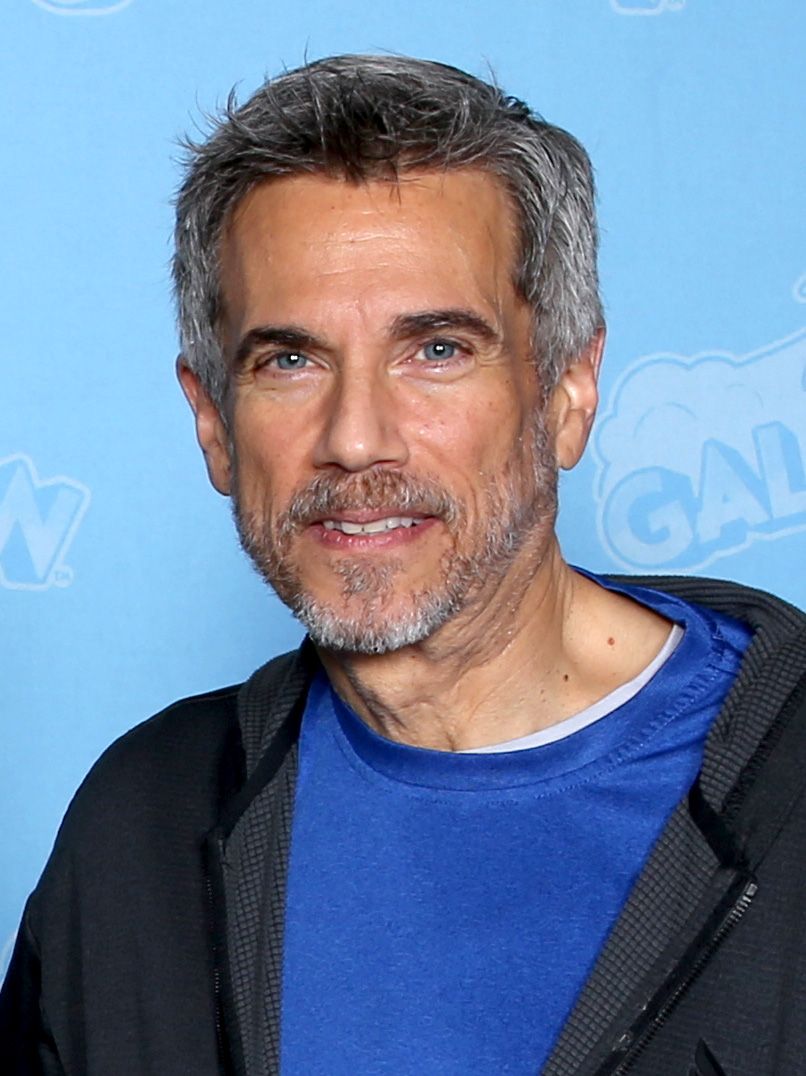
6. **Robby Benson**:
Robby Benson, with his piercing blue eyes and earnest, soulful performances, became an undeniable heartthrob of the 1970s. He captivated audiences in iconic films like “Ode to Billy Joe” and “Ice Castles,” where his sensitive and emotional portrayals deeply endeared him to a legion of fans. His boyish looks and gentle demeanor made him a constant fixture in teen magazines, solidifying his status as one of the decade’s most beloved actors and a quintessential teen idol.
However, Robby’s “vanishing act” wasn’t a dramatic, theatrical withdrawal from the industry, but rather a series of thoughtful and quieter shifts towards roles behind the cameras. As Hollywood’s landscape began to evolve in the 1980s, Benson adeptly transitioned into the equally creative, yet less public, realms of directing and voice acting. This move allowed him to embrace the unglamorous genius of storytelling from a different perspective, showcasing his versatility and enduring passion for the craft.
Perhaps his most iconic, albeit unseen, role during this period was lending his voice to the Beast in Disney’s beloved “Beauty and the Beast” in 1991. While he effectively left his teen idol days behind, his contributions to film and television have continued to live on, proving significant and impactful. Robby’s journey narrates a compelling story less about a departure from entertainment, and more about a remarkable transformation, illustrating how a teen idol can find an enduring and respected space in creativity, evolving into a seasoned industry professional.
Read more about: Loni Anderson, Star Who Redefined the ‘Dumb Blonde’ Trope on ‘WKRP in Cincinnati,’ Dies at 79
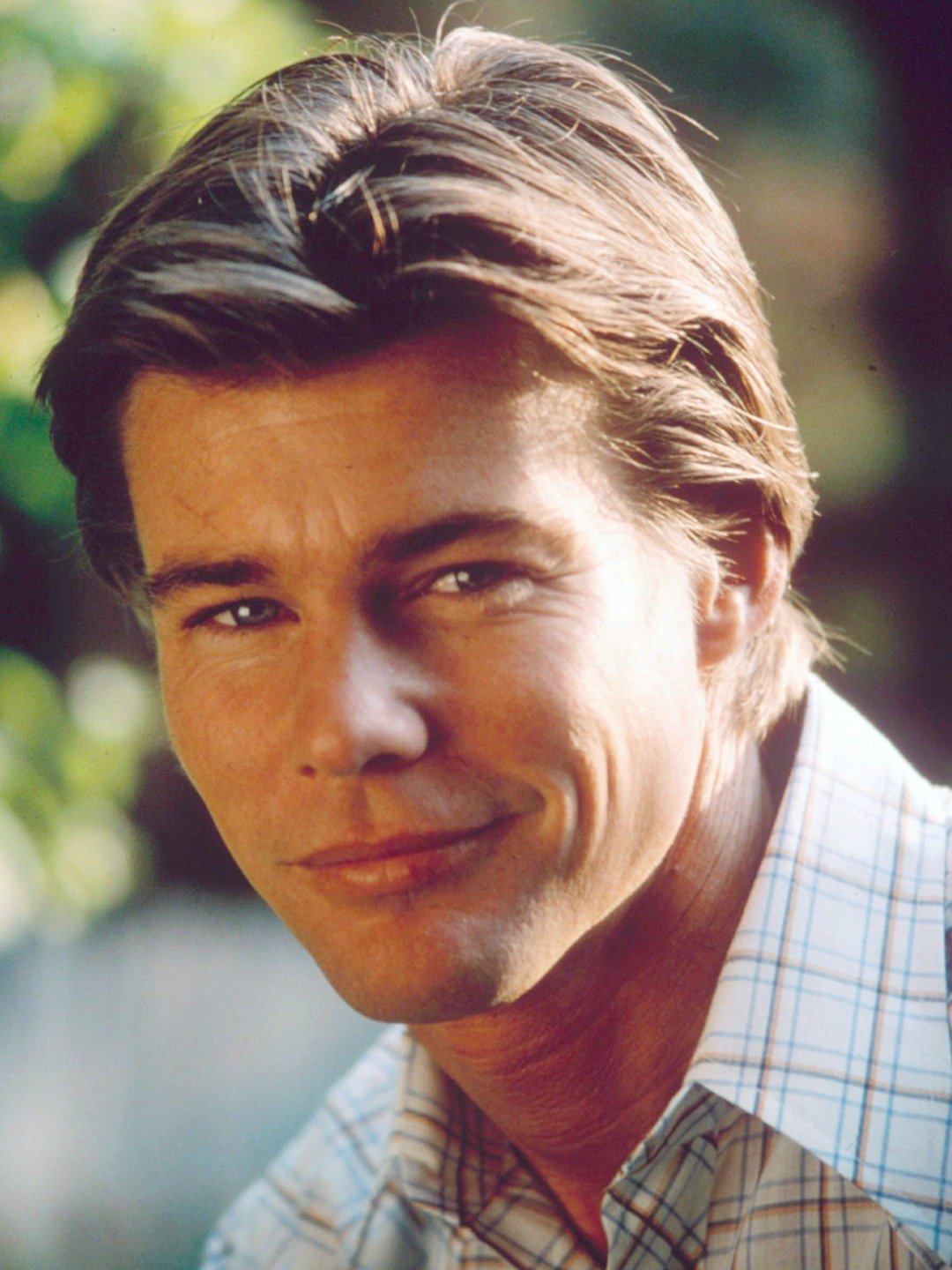
7. **Jan-Michael Vincent**:
Jan-Michael Vincent was a quintessential rising star of the 1970s, captivating audiences with his rugged handsomeness and powerful on-screen presence. He quickly ascended to major teen idol status through his memorable roles in films like “Big Wednesday” and “The Mechanic,” and later, as the star of the hit TV show “Airwolf.” Fans absolutely adored his laid-back, adventurous style, making him one of the era’s most charismatic and recognizable figures, a true magnet for viewers.
However, despite his undeniable talent and early widespread success, Vincent’s journey took a tragic and unfortunate turn. Behind the facade of his teen idol image, personal turmoil, substance abuse, and volatile behavior began to overshadow his burgeoning career, eventually leading to a devastating spiral that fractured his professional life. The entertainment industry, often unforgiving, struggled to accommodate the profound internal battles he was facing.
After flickering briefly in a series of low-budget films, Jan-Michael Vincent gradually withdrew from acting entirely, embracing a reclusive life shadowed by significant health challenges. His silent retreat from the public eye symbolizes the often unspoken, intense pressure cooker of fame and the harsh, unforgiving lens of cinema. While his teen idol fame undeniably faded, Vincent’s legacy as one of the ’70s most charismatic stars endures through his memorable performances, which continue to be appreciated by fans and film enthusiasts who recall his potent impact on the decade’s television and film landscape.
Alright, if you’re still with us, you know the ’70s was *the* decade for teen idols, a time when stars burned bright and fast. We’ve already explored some unforgettable faces, but trust us, the list of ‘where did they go?’ legends is far from over! Get ready to dive back into the nostalgic waters of ’70s pop culture as we uncover six more iconic figures who rocked our worlds before taking a graceful (or sometimes not-so-graceful) step away from the relentless glare of the spotlight. Seriously, these stories are pure gold.
Read more about: Remembering a Legend: Burt Reynolds and His 12 Most Iconic Roles That Defined an Era
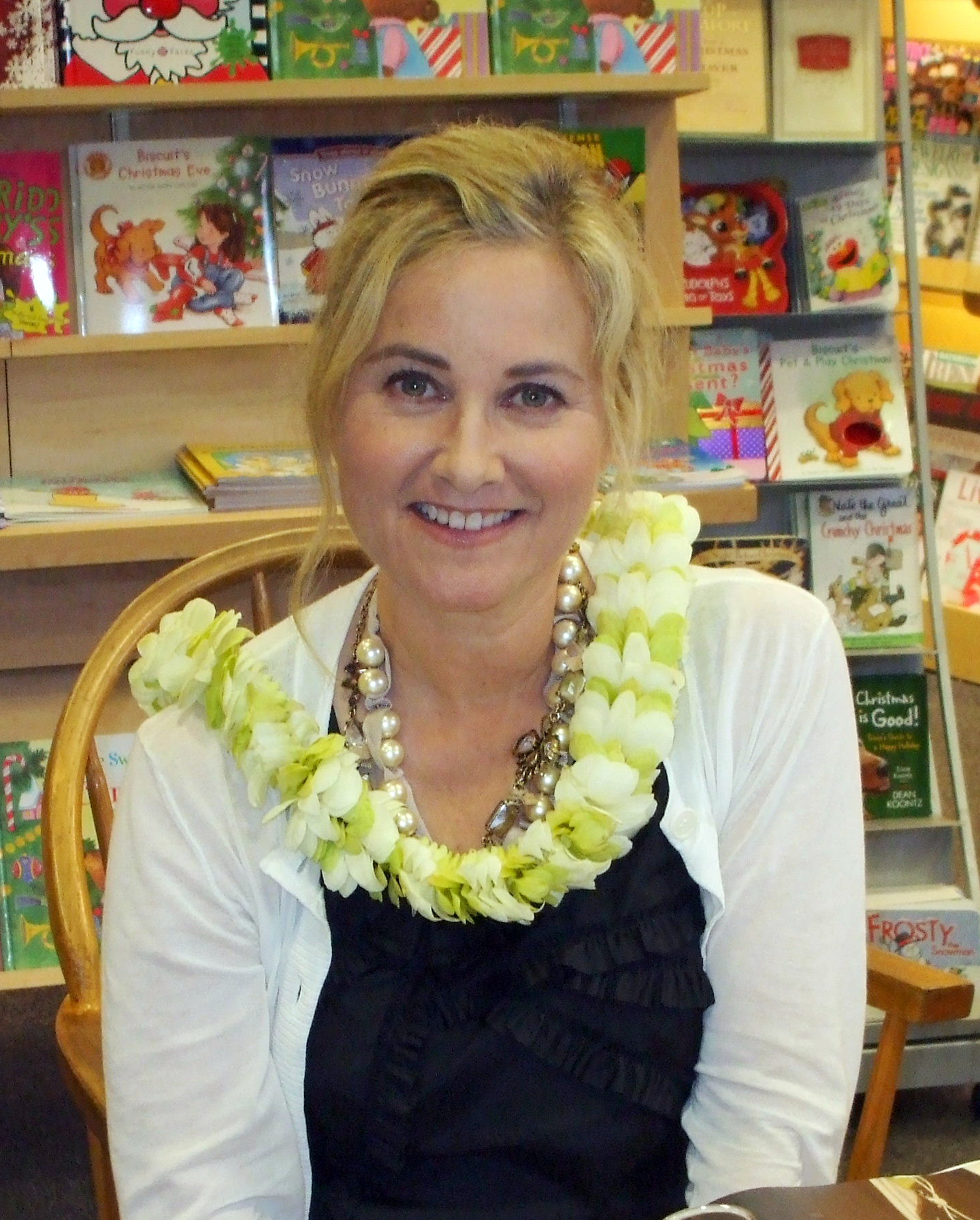
8. **Maureen McCormick**:
Who could ever forget Marcia Brady? Maureen McCormick became an absolute household name as the quintessential all-American girl on “The Brady Bunch.” Adored for her beauty, charm, and that unforgettable catchphrase, “Marcia, Marcia, Marcia!”, she wasn’t just a character; she was *the* iconic teen idol of the era. Her portrayal resonated with millions, creating a lasting impression that cemented her status as a pop culture legend.
Yet, as often happens when you’re thrust into the limelight so young, the post-“Brady Bunch” era brought its own set of challenges. Maureen faced personal struggles and navigated significant career shifts, working tirelessly to redefine her public persona beyond the sunny façade of Marcia. It was a tough road, and while she appeared in various projects over the years, she never quite recaptured the ubiquitous fame of her early days.
But Maureen is a survivor! She gracefully reinvented herself, blossoming into a respected writer and public speaker, openly sharing her journey with fans. Her willingness to share her experiences, from the highs of teen stardom to her personal battles, has only deepened the enduring affection fans have for her. Her legacy as TV’s most beloved big sister remains timeless, a poignant reminder of childhood stardom’s complexities and her incredible resilience.
Read more about: Beyond the Bazinga! 14 Wild Rules The Big Bang Theory Cast Had To Follow On Set

9. **Christopher Knight**:
Speaking of “The Brady Bunch,” who could forget Peter Brady? Christopher Knight, with his youthful charm and impeccable comedic timing, was another familiar face captivating households across America. He wasn’t just a supporting character; he was a ’70s teen idol in his own right, endearing himself to audiences and earning a loyal fanbase who loved his earnest, slightly awkward demeanor.
After the sun set on the iconic Brady household, Knight, much like his on-screen sister, explored various career paths far removed from traditional acting. He ventured into business, tried his hand at different ventures, and, perhaps surprisingly, found a renewed sense of public engagement through reality TV. It was a different kind of fame, sure, but it allowed him to embrace his unique place in pop culture history on his own terms.
While his teen idol status from the ’70s definitely faded into a fond memory, Christopher Knight remains a beloved figure for anyone who grew up with “The Brady Bunch.” His journey reflects the diverse and often unexpected avenues former teen idols pursue, proving that there’s life and connection with fans beyond the scripted lines of a sitcom. It’s all about finding what truly makes you happy, even if it’s away from the original spotlight.
Read more about: The Cinematic Curtain Call: 14 Comic Book Movie Endings That Defined — Or Nearly Redefined — Their Sagas

10. **Erik Estrada**:
Zooming onto our screens with a megawatt smile and undeniable charisma, Erik Estrada absolutely stole the hearts of millions as Officer Frank Poncherello, or “Ponch,” in the legendary show “CHiPs.” His cool cop persona, complete with that motorcycle-riding charm, made him one of TV’s biggest stars of the late ’70s. Erik’s role wasn’t just iconic; it resonated deeply with audiences, cementing his status as a true teen idol and a magnet for viewers.
But as the gears shifted and the show’s popularity eventually waned, so too did the intense spotlight on Estrada. The entertainment industry is a fickle beast, and while he continued to work diligently in various television projects, he never quite regained the same ubiquitous level of fame he once commanded during his “Ponch” heyday. The constant, electrifying buzz of being a top-tier teen idol slowly, but surely, quieted.
Despite stepping away from the forefront of mainstream celebrity, Erik Estrada remains an enduring pop culture icon. His work in television and his advocacy in law enforcement show a continued commitment to community, while his memorable role continues to evoke deep nostalgia for fans of classic ’70s television. His story is a fantastic example of a star transitioning from pure idol status to a respected, enduring figure.
Read more about: Hollywood’s Golden Legacy: Iconic Stars of the 70s & 80s Who Remain Millionaires Today

11. **Valerie Bertinelli**:
Ah, Valerie Bertinelli! As the beloved Barbara Cooper from “One Day at a Time,” she effortlessly transitioned from a charming child star to a bona fide teen idol. Her girl-next-door appeal was irresistible, making her one of the most relatable and adored faces of the ’70s. She navigated the treacherous waters of growing up in the public eye with a remarkable grace that truly set her apart.
Post-’70s, Valerie’s career trajectory didn’t involve a dramatic vanishing act, but rather a series of subtle yet profound shifts. She consciously moved towards crafting a quiet, yet incredibly successful, niche for herself beyond the traditional Hollywood grind. This evolution saw her embrace roles in cooking shows and memoir writing, effortlessly blending her personal passions with her public persona in a way few manage to do.
Valerie’s journey is a beautiful example of reinvention without fanfare, an understated evolution that illustrates a rare and successful navigation of acting’s often ephemeral fame. She favored depth and personal fulfillment over the relentless pursuit of the spotlight’s brightest glare, finding contentment and continued success in showcasing her authentic self. It’s a powerful reminder that fame isn’t always about being the loudest voice in the room.
Read more about: Remembering the Legends: 10 Beloved ‘Two and a Half Men’ Actors Who Have Left Us Too Soon
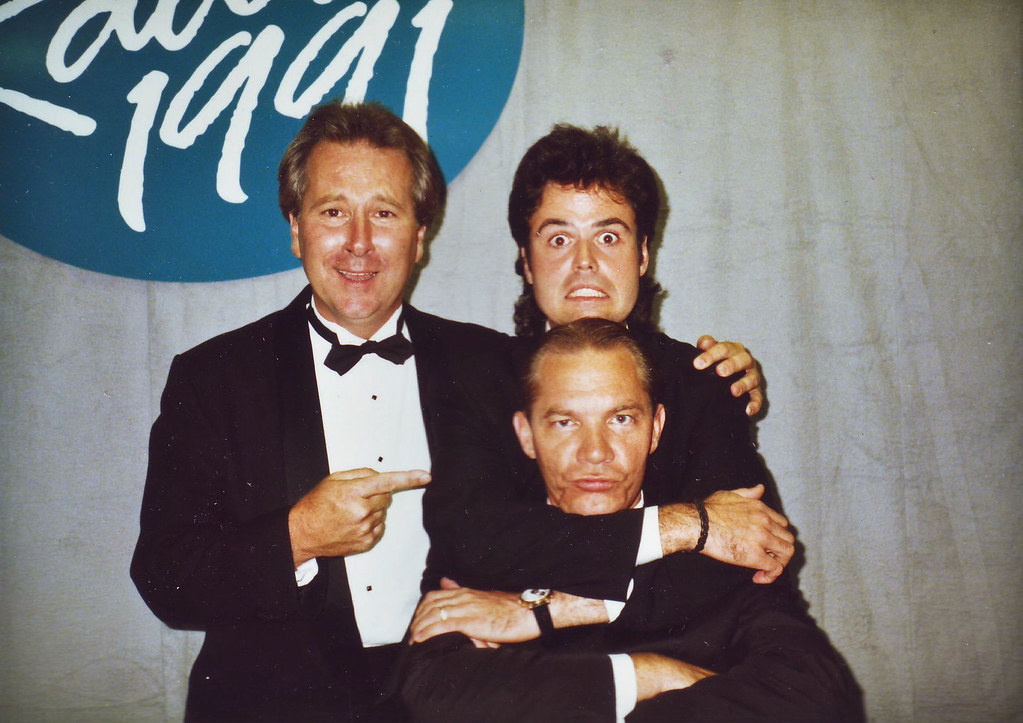
12. **Donny Osmond**:
If you were a teen in the ’70s, there’s no way you escaped the charm of Donny Osmond! With his angelic voice and wholesome image, he wasn’t just a pop star; he was a global teen sensation. From leading The Osmonds to his solo career with unforgettable hits like “Puppy Love,” Donny’s energetic performances and boyish appeal won the hearts of young fans worldwide. He was, quite simply, everywhere!
However, the leap from teen sensation to adult superstar brought its own set of challenges, a transition that many idols find incredibly tough to navigate. While his teen idol days eventually ended, Donny Osmond is a testament to resilience, as he successfully reinvented himself over the years. He transitioned into musical theater, took on TV hosting gigs, and even conquered reality competitions, proving his versatility again and again.
Though he may not always be at the forefront of the mainstream pop charts as he once was, Donny’s career longevity is truly remarkable. His star power never truly faded, it just evolved, showcasing an enduring appeal that is a testament to his adaptability and unwavering connection with his fanbase. He’s proof that a ’70s idol can absolutely stand the test of time, just maybe in a different spotlight.
Read more about: Wayne Osmond, Founding Member of The Osmonds and Enduring Family Voice, Dies at 73
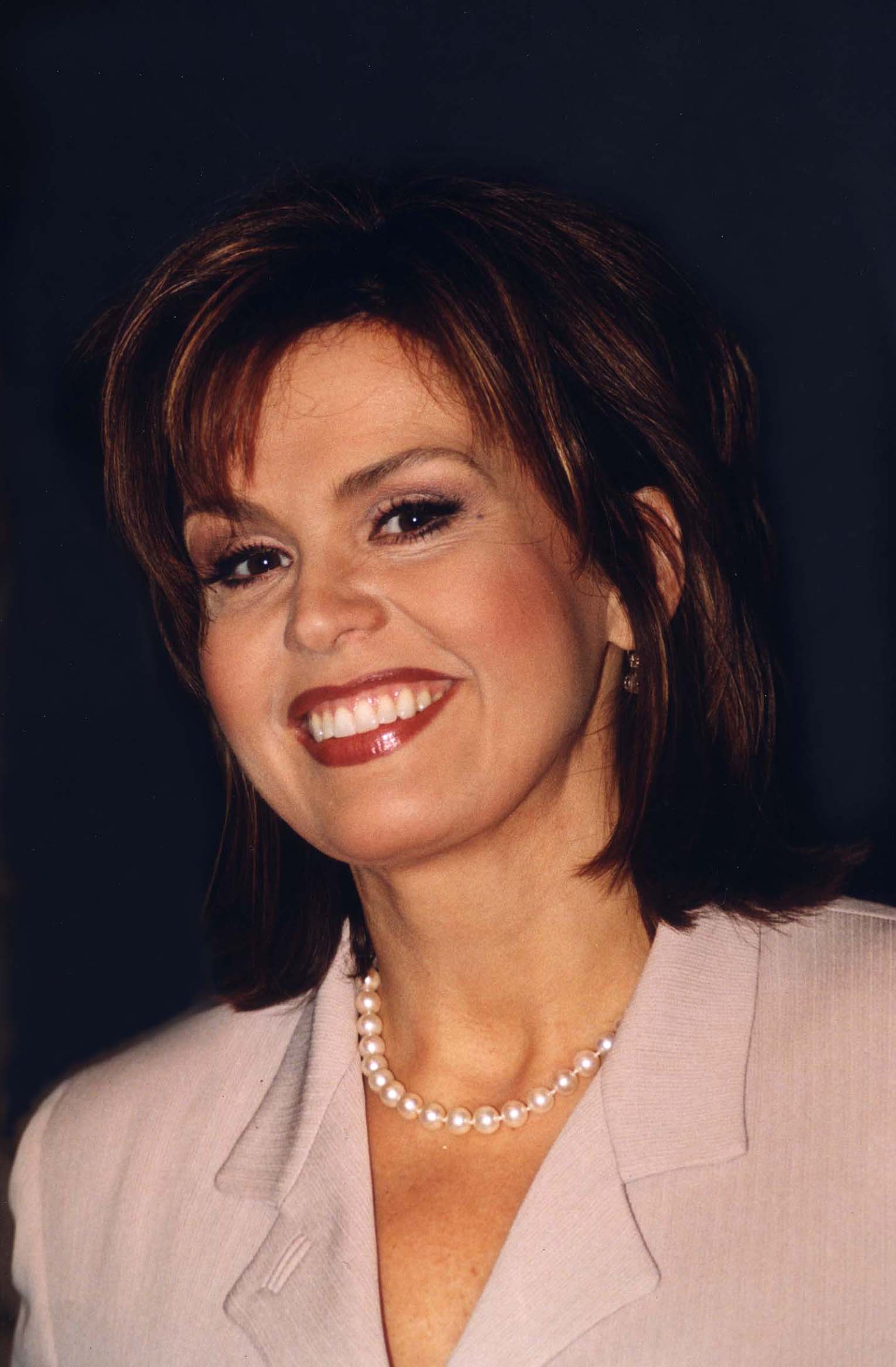
13. **Marie Osmond**:
And let’s not forget the other half of that iconic ’70s duo! Marie Osmond, Donny’s equally charismatic sister, also captured the spotlight as a beloved ’70s teen idol. Her sweet voice and undeniable charisma shone through in her performances, both in her solo career with hits like “Paper Roses” and, of course, alongside her brother on “Donny & Marie.” She solidified her status in pop culture with an endearing blend of talent and warmth.
Like many stars of that high-octane era, Marie’s career journey saw its share of shifts and evolutions. Over time, she masterfully diversified her career, gracefully exploring television roles, penning captivating books, and even delving into entrepreneurship. While her fame certainly fluctuated, moving her away from the constant, intense glare of being a teen idol, her influence and presence never truly vanished.
Marie’s journey beautifully exemplifies adaptability and the enduring love of fans who grew up with her music and television appearances. Her thoughtful precision in molding her trajectory, often accepting roles that allowed for subtle evolution, shows a powerful dedication to creativity and family devotion. She carved out a unique and lasting space in entertainment, far beyond her initial, dazzling teen idol years.
Read more about: Wayne Osmond, Founding Member of The Osmonds and Enduring Family Voice, Dies at 73
And there you have it, a dazzling, and sometimes bittersweet, stroll down memory lane with some of the ’70s most unforgettable teen idols. These stars, once plastered on bedroom walls and dominating our airwaves, navigated the intense pressures of fame in their own unique ways. Whether they made a quiet exit, found new passions behind the scenes, or reinvented themselves with remarkable resilience, each story underscores a universal truth: the allure of stardom is powerful, but the search for personal peace and lasting fulfillment often leads to paths less publicly traveled. They may have stepped away from our screens, but their legacies, and the pure joy they brought, live on in our hearts. Long live the ’70s!

